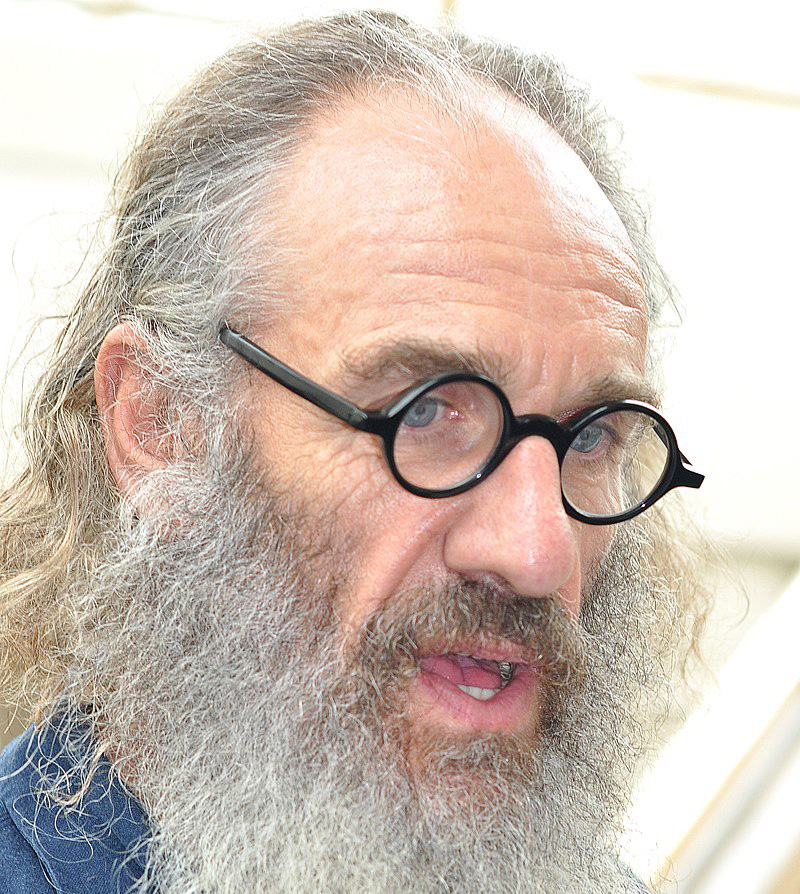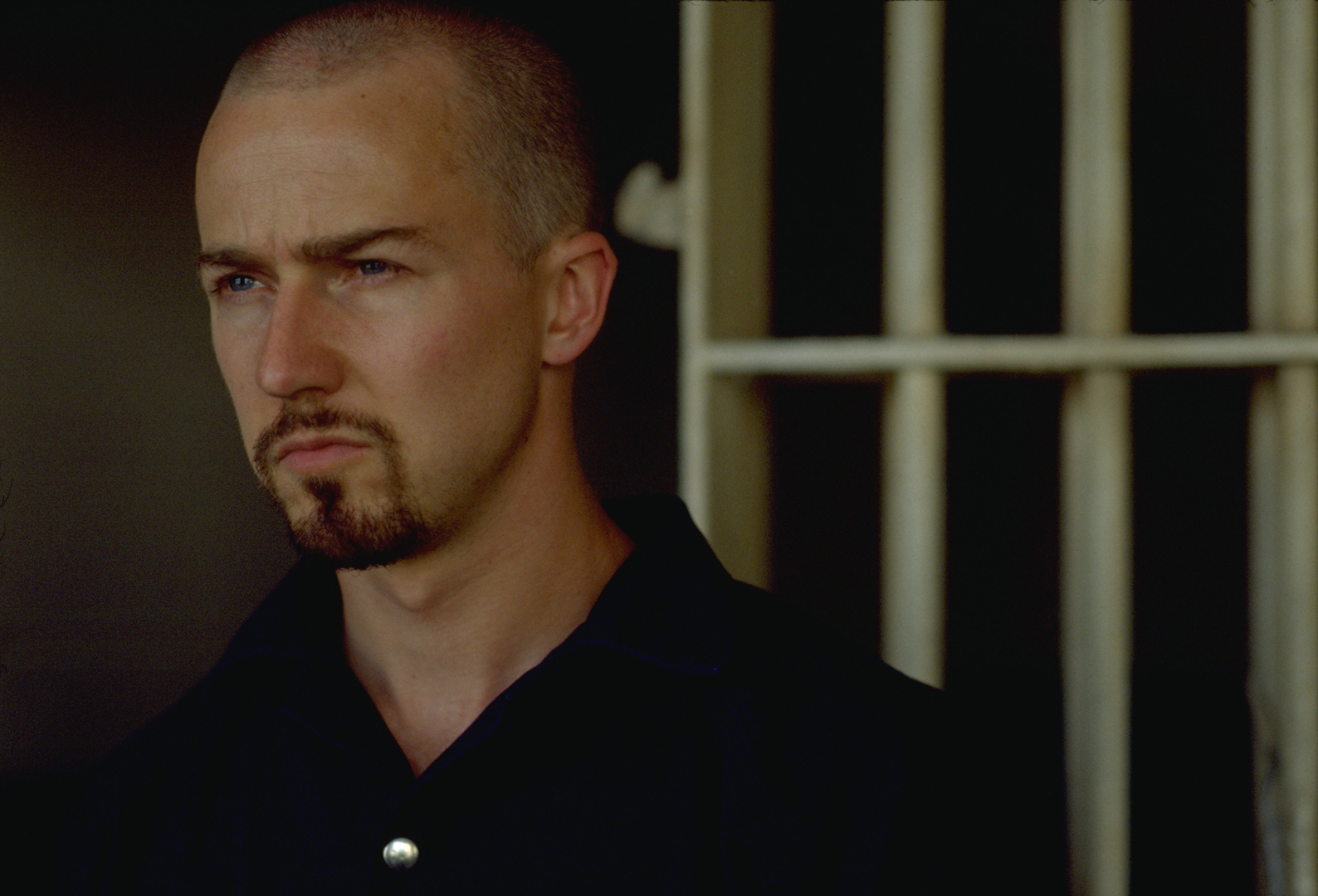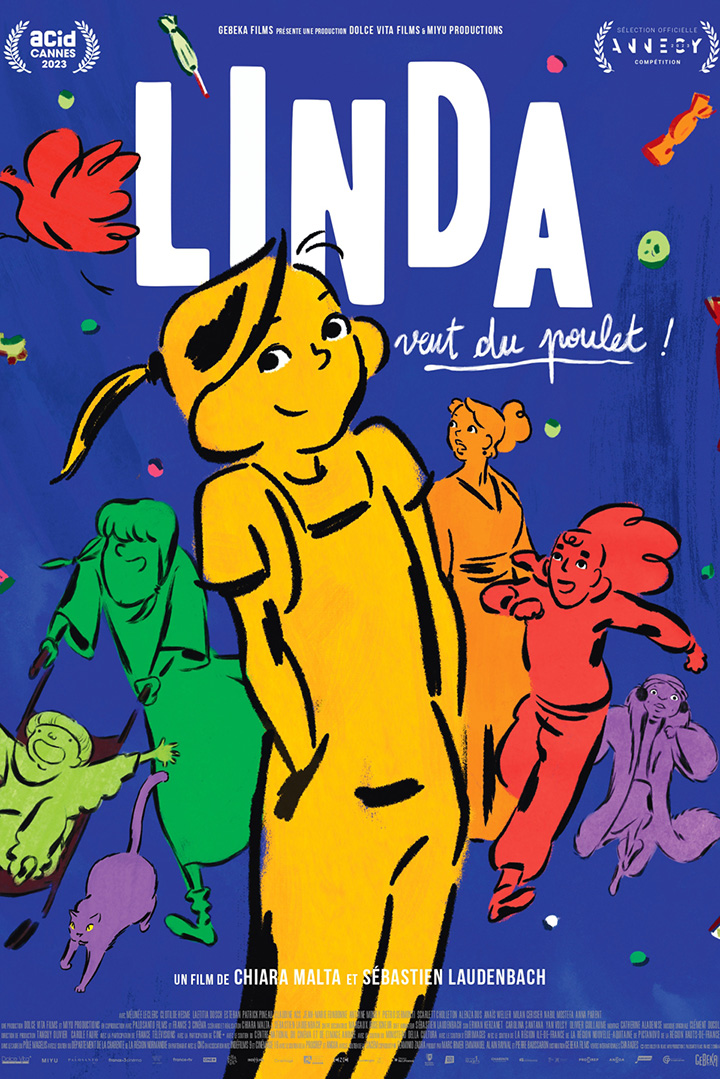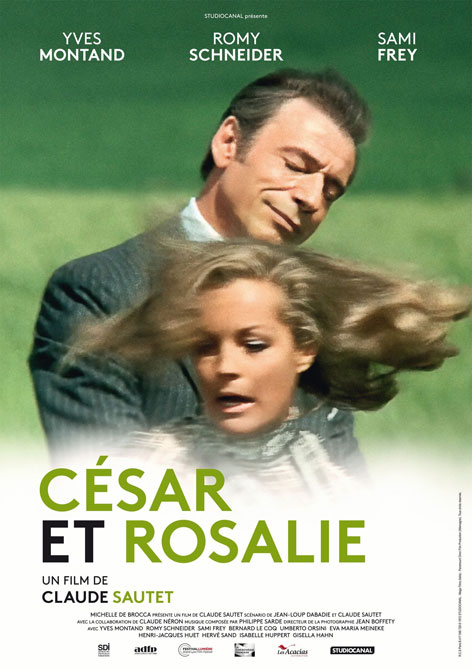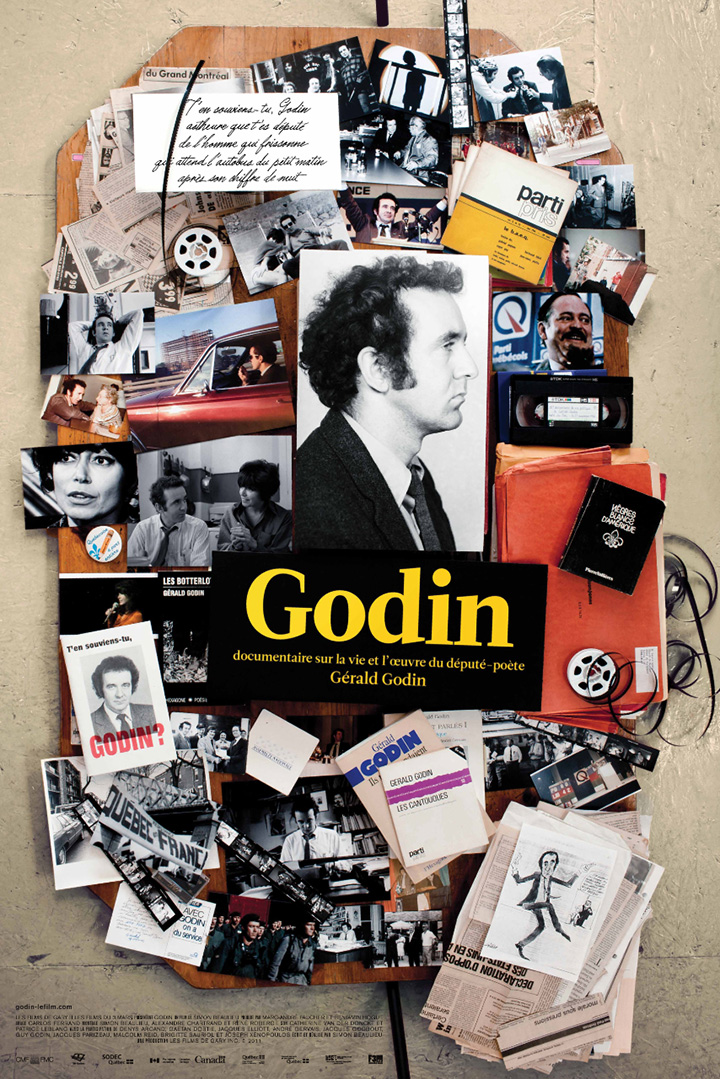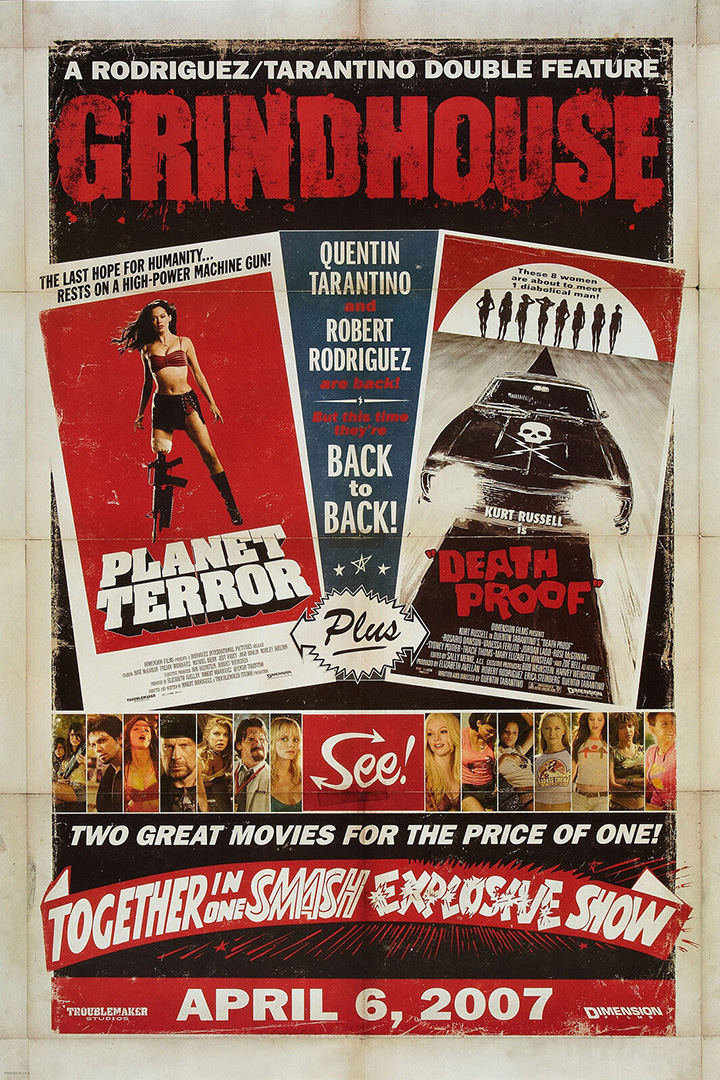American History X
If certain decades of American cinema are immediately identifiable, this is not quite the case for the 1990s and early 2000s, which form a sort of continuum of films straddling two centuries. It is as if the idea of a new era was an occasion for the American cinema to search for and reinvent itself, between the blockbuster era of the 1990s and the digital revolution that began in the 2000s. While some big names prove that they have not said their last word (David Lynch, Martin Scorsese, Terrence Malick), young filmmakers begin their career (Quentin Tarantino, Michel Gondry, Gus Van Sant), confirm their talent (Todd Haynes, Gregg Araki, Steven Soderbergh) or make the highlight of their filmography before disappearing (Tony Kaye, Lodge Kerrigan). Still, there is an undeniable pleasure in revisiting some of the major works of this moment, oscillating between new imaginations, a taste for quotes and the reappropriation of some cinematic styles.
After joining the neo-Nazi skinhead movement and being imprisoned for murder, Derek tries to dissuade his younger brother from following the same path he did.
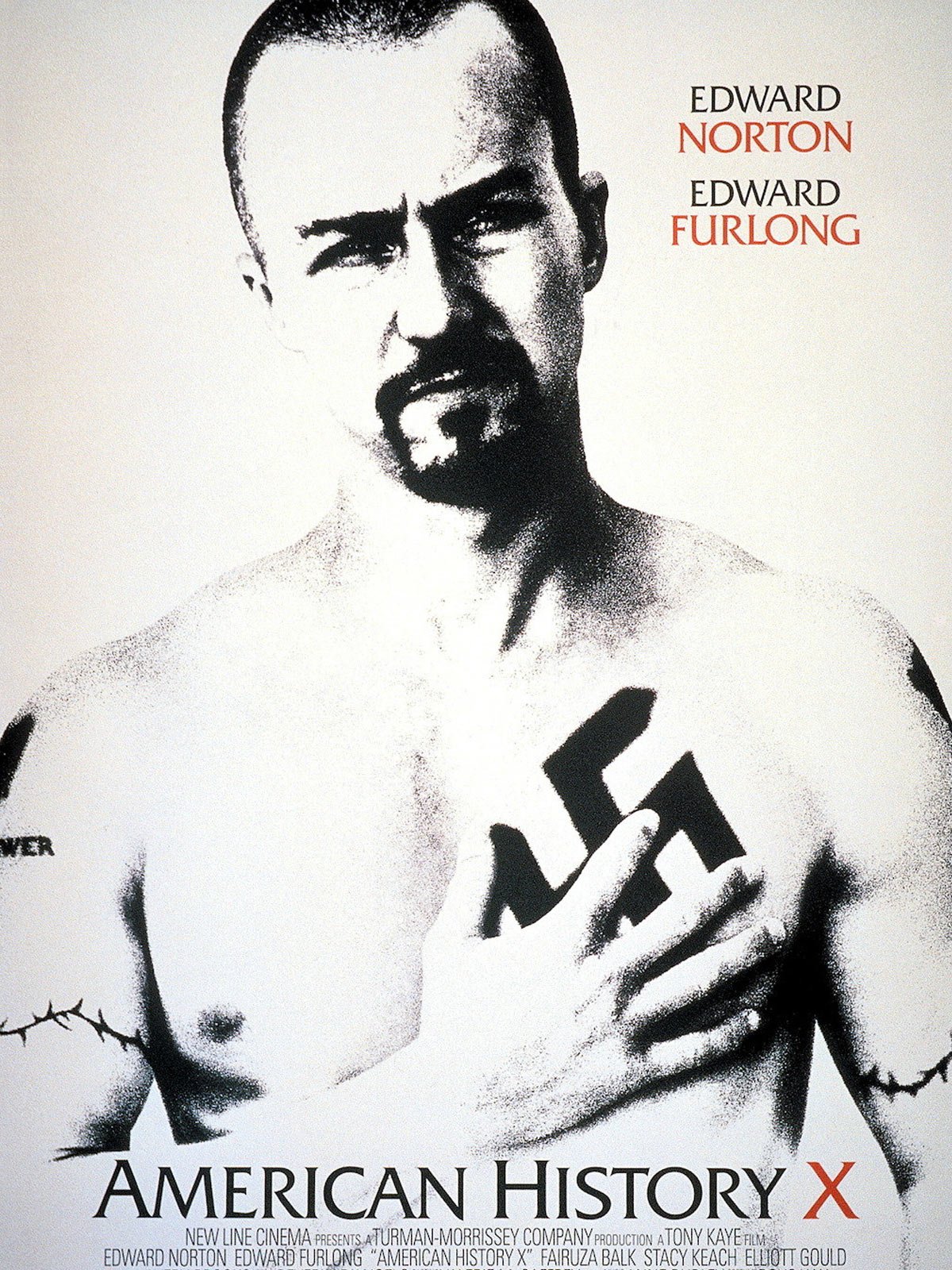
Tony Kaye
Tony Kaye, who is mainly a music video and commercial director for ten years, directed his first feature film in 1998: American History X. His latest feature film to date, Detachment, won the International Critics Award at the Deauville American Film Festival in 2011. Concerned with the moral and social issues of his time, after raising the issue of racism in American History X, Kaye also explores our individual and collective responsibility.
